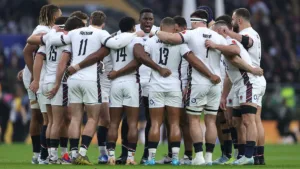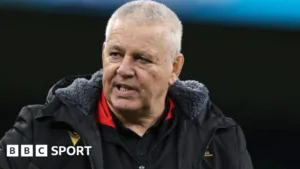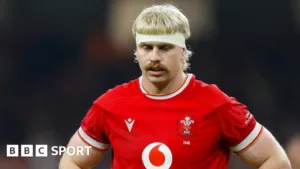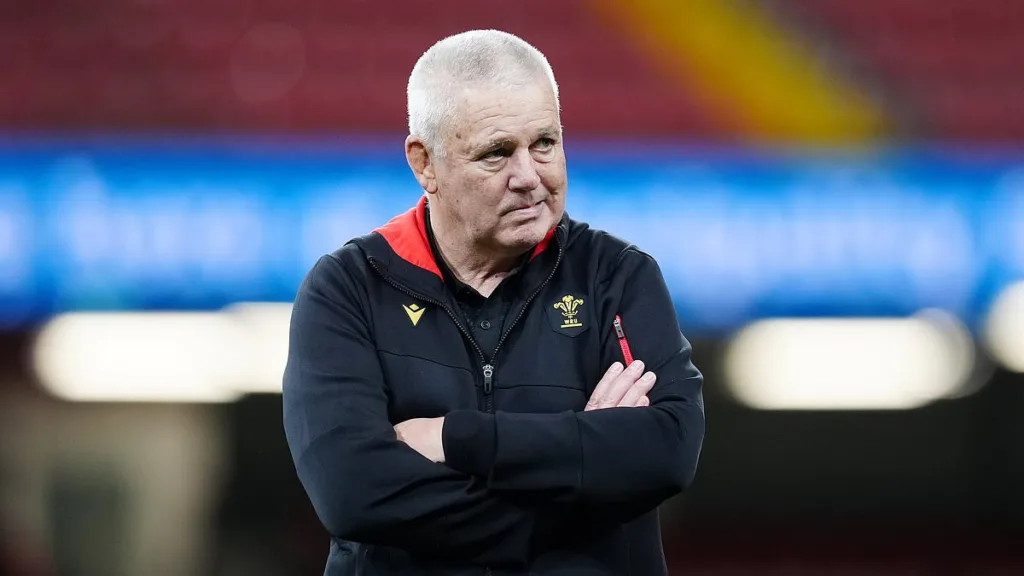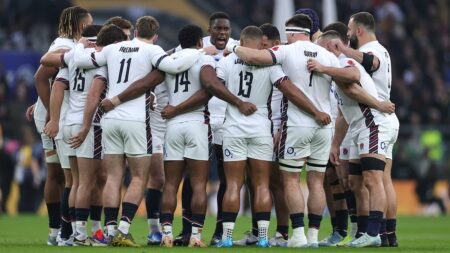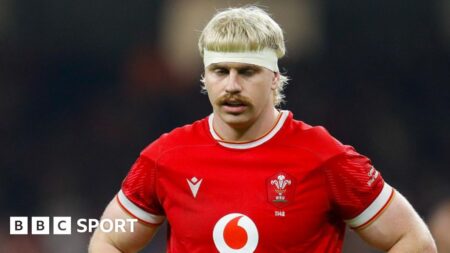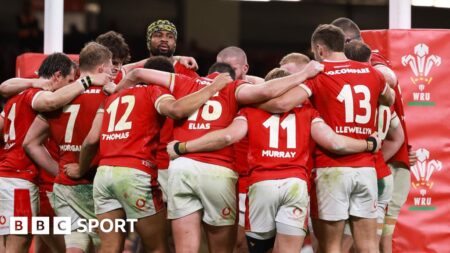Calls for Strong Leadership in England and Wales
It was surprising to hear my name suggested for a potential director of rugby role with the Welsh Rugby Union, but I’m afraid I must politely decline. As The Sunday Times’ Stephen Jones pointed out, it’s not a position I’m interested in now, despite the temptation a decade ago, especially at Twickenham.
However, with Wales and Warren Gatland facing an 11-game losing streak after their defeat against Australia, and England struggling to take the next step under Steve Borthwick, the need for strong leadership in international rugby has never been more apparent.
Neither the RFU nor the WRU have a seasoned rugby figure working alongside their respective head coaches. Gatland’s wealth of experience as a Test coach is unmatched, but he could benefit greatly from a robust support system, especially during this challenging period for Welsh rugby.
At the other end, Borthwick is still finding his footing in international rugby, and the RFU lacks a strong rugby authority he can rely on. Chief executive Bill Sweeney and Conor O’Shea, the RFU’s executive director of performance rugby, lack the necessary expertise to guide the England team effectively.
The WRU’s own executive director of rugby, Nigel Walker, also appears to be struggling, as the governing body navigates a series of off-field scandals and political issues. Gatland’s return was expected to work the same magic as before, but the landscape has changed, requiring a different approach.
The director of rugby role is arguably more critical than the head coach position today, as it encompasses far more than just the men’s national team. Both England and Wales have yet to get this crucial role right, relying on anonymous committees and fan-like figures instead of strong, transparent leadership.
While I won’t be taking on the role, I believe the WRU should consider bringing in a heavyweight character to head up their rugby operations, regardless of Gatland’s future. The example set by South Africa, with Rassie Erasmus working alongside Jacques Nienaber, demonstrates the benefits of a cohesive system that prioritizes the national team.
Both England and Wales could learn valuable lessons from the Springboks’ approach, as they seek to navigate the challenges facing their respective national rugby programs.
🔗 Source
